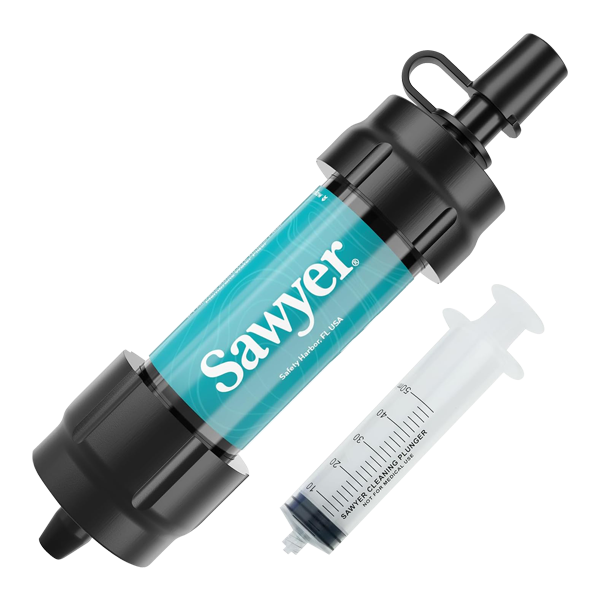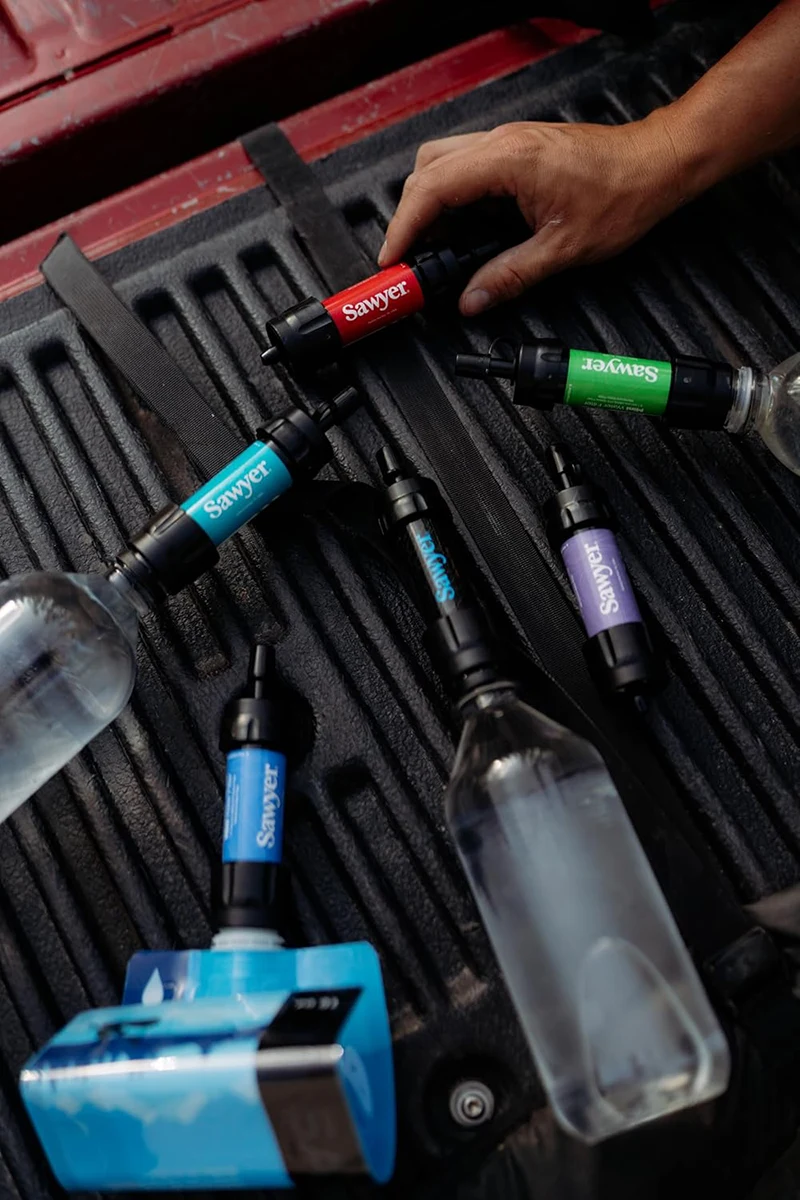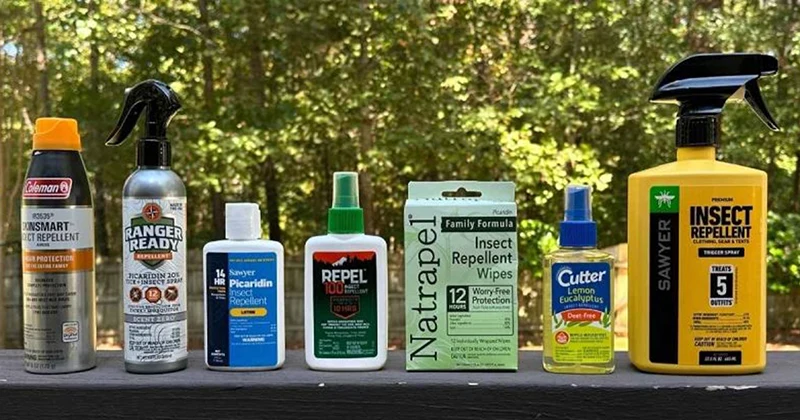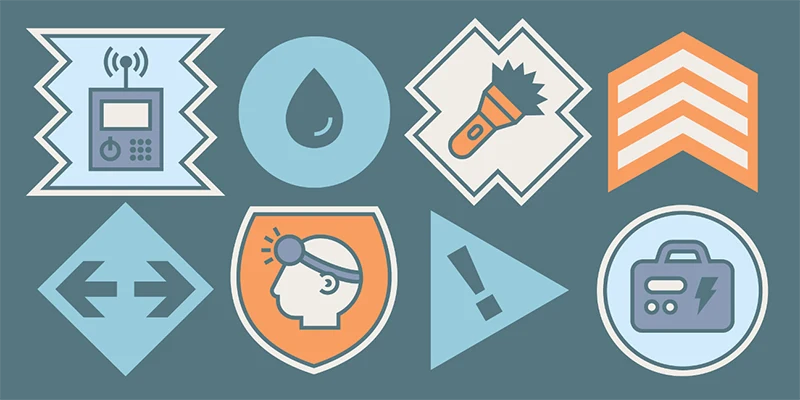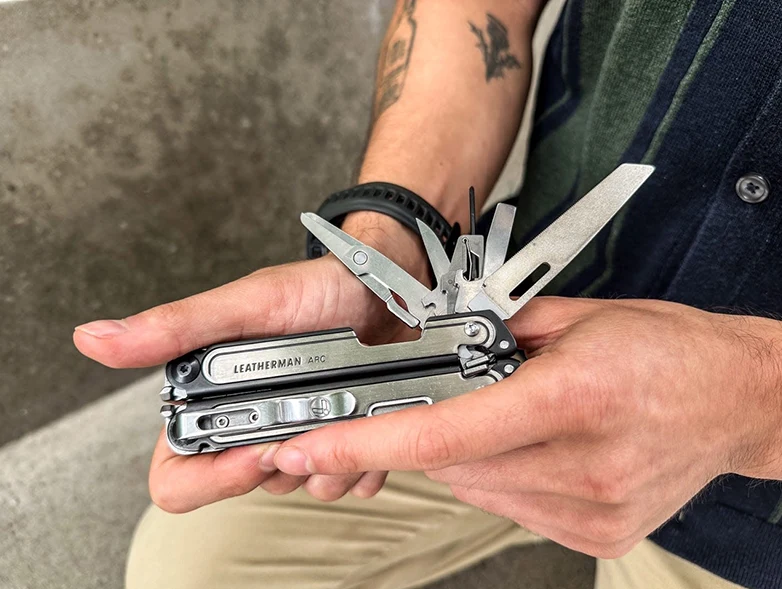VeryWellHealth: The 7 Best Mosquito Repellents To Keep the Bugs Away, Tested and Reviewed
VeryWellHealth: The 7 Best Mosquito Repellents To Keep the Bugs Away, Tested and Reviewed

VeryWellHealth: The 7 Best Mosquito Repellents To Keep the Bugs Away, Tested and Reviewed
YouTube video highlight
Stop all kinds of creepy crawlies in their tracks with these 8 bug sprays.
Read more about the projectThe Best Bug Sprays, Tested and Reviewed
Stop all kinds of creepy crawlies in their tracks with these 8 bug sprays.
Insect bites are unpleasant and can have serious health ramifications. Mosquitoes can carry malaria, Zika virus, and West Nile virus, while ticks can cause Lyme disease, anaplasmosis, babesiosis, and others. Bug repellents prevent both bites from insects and any diseases they may carry. According to the Centers for Disease Control and Prevention (CDC), it’s safe for pregnant people to use bug sprays that have been approved by the Environmental Protection Agency (EPA), as long as the insect repellents are used as directed. If you’re pregnant, talk to your doctor about using bug spray before dousing yourself in it—even if it’s something more natural, like lemon eucalyptus oil.
To find the best bug repellents, we interviewed experts to create our list and then personally tested each product’s effectiveness, coverage, ease of use, value, and smell. We also considered active ingredients, application methods, EPA labeling, and what types of insects each spray could repel.
Read the full article written by Elizabeth Yuko, PhD and Caroline Thomason here.
VeryWellHealth: The 7 Best Mosquito Repellents To Keep the Bugs Away, Tested and Reviewed


The Best Bug Sprays, Tested and Reviewed
Stop all kinds of creepy crawlies in their tracks with these 8 bug sprays.
Insect bites are unpleasant and can have serious health ramifications. Mosquitoes can carry malaria, Zika virus, and West Nile virus, while ticks can cause Lyme disease, anaplasmosis, babesiosis, and others. Bug repellents prevent both bites from insects and any diseases they may carry. According to the Centers for Disease Control and Prevention (CDC), it’s safe for pregnant people to use bug sprays that have been approved by the Environmental Protection Agency (EPA), as long as the insect repellents are used as directed. If you’re pregnant, talk to your doctor about using bug spray before dousing yourself in it—even if it’s something more natural, like lemon eucalyptus oil.
To find the best bug repellents, we interviewed experts to create our list and then personally tested each product’s effectiveness, coverage, ease of use, value, and smell. We also considered active ingredients, application methods, EPA labeling, and what types of insects each spray could repel.
Read the full article written by Elizabeth Yuko, PhD and Caroline Thomason here.
VeryWellHealth: The 7 Best Mosquito Repellents To Keep the Bugs Away, Tested and Reviewed


The Best Bug Sprays, Tested and Reviewed
Stop all kinds of creepy crawlies in their tracks with these 8 bug sprays.
Insect bites are unpleasant and can have serious health ramifications. Mosquitoes can carry malaria, Zika virus, and West Nile virus, while ticks can cause Lyme disease, anaplasmosis, babesiosis, and others. Bug repellents prevent both bites from insects and any diseases they may carry. According to the Centers for Disease Control and Prevention (CDC), it’s safe for pregnant people to use bug sprays that have been approved by the Environmental Protection Agency (EPA), as long as the insect repellents are used as directed. If you’re pregnant, talk to your doctor about using bug spray before dousing yourself in it—even if it’s something more natural, like lemon eucalyptus oil.
To find the best bug repellents, we interviewed experts to create our list and then personally tested each product’s effectiveness, coverage, ease of use, value, and smell. We also considered active ingredients, application methods, EPA labeling, and what types of insects each spray could repel.
Read the full article written by Elizabeth Yuko, PhD and Caroline Thomason here.






.png)














